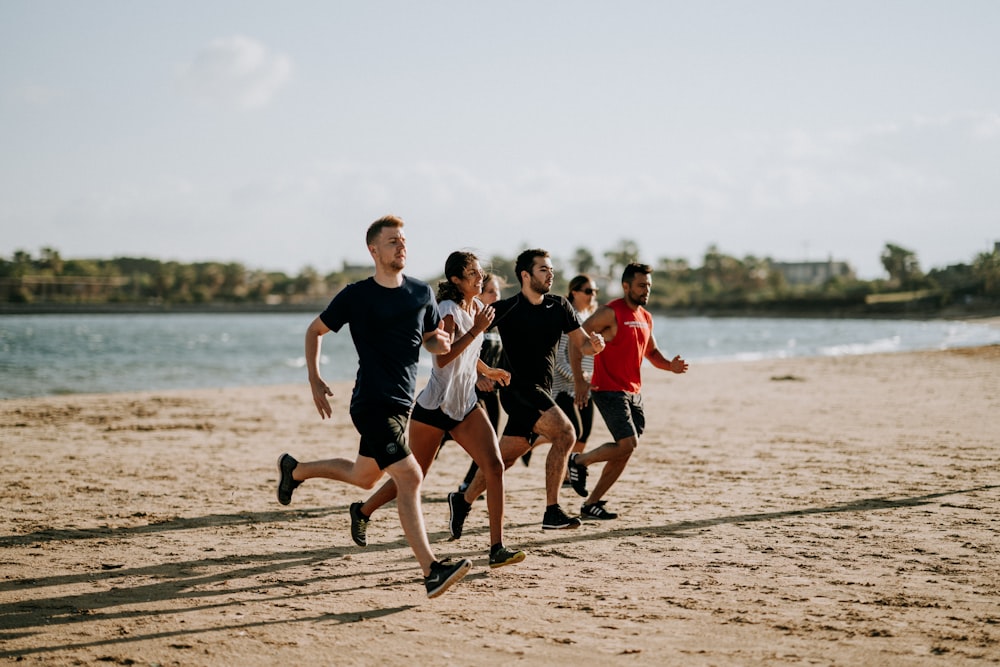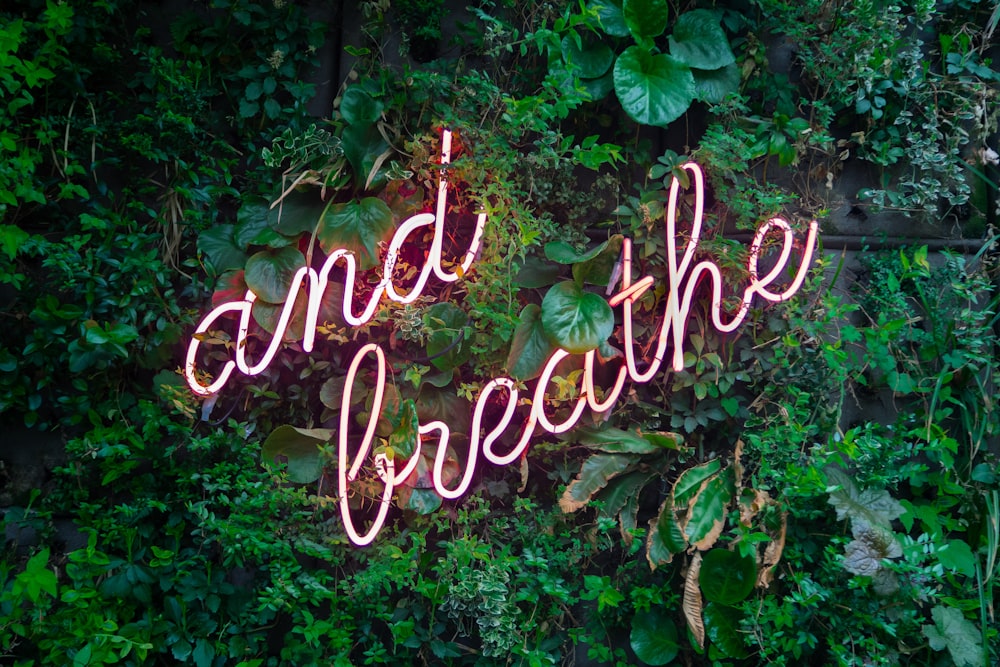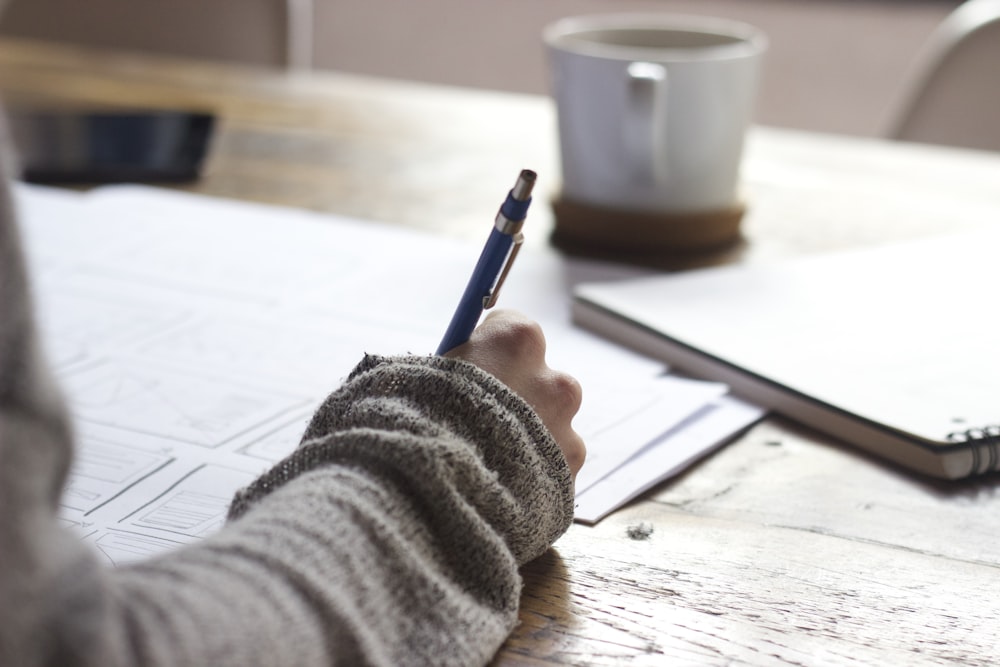Do you get triggered at least once a day?😡
Ever feel stressed out when thinking about the future?🤒
Sometimes feel like the environment is too noisy and you would just want to be alone on a paradise island for a few months?🌴
And this is okay. These moments happen. They are usually caused by stress.
Stress is the body’s natural defence against predators and danger. It is also known as the fight-or-flight mechanism.
When we face a challenge or threat, they have a partly physical response. The body activates resources that help us either stay and confront the challenge or get to safety as fast as possible.
This is necessary because it has kept us alive through evolution, but today, we are overloaded by lots of information, responsibilities and factors of stress. For example in 2018, a survey showed that the average stress levels in the United States were 4.9 on a scale of 1-10. The most common stressors were employment and money.
Unless we want to totally isolate ourselves from society and the world, we have to learn how to cope with stress.
Am I stressed?
Do these things:
- Relax your shoulders
- Relax your face
- Relax your toes!
- Release your tongue from the roof of your mouth
Now take 3 deep breaths in through your nose and out through your mouth (with a big sigh if you can!)
This is an easy exercise to see if you are currently holding on to stress in your body. Relaxing and releasing is one of the best ways to get to a calmer state.
Some of the symptoms of stress are also:
- blood pressure and pulse rise
- breathing speeds up
- the digestive system slows down
- immune activity decreases
- muscles become more tense
- sleepiness decreases due to a heightened state of alertness
These can lead to more serious issues.
5 ways to cope with stress
Excercise
Exercising is a great way to reduce emotional stress. Studies show that exercising women lower their risk of dementia by 50%!
Furthermore, exercise can be as effective as antidepressants, and multiple studies show that exercise can reduce stress and anxiety.
And it is not just theory on paper. Remember that good feeling after a run or a good gym session?
Do breathing exercises
Something we are doing constantly without thinking is actually a powerful tool against stress. And it turns out that deep breathing is not only relaxing but it's been scientifically proven to positively affect your heart, brain, digestion, immune system – and possibly even your genes!
Some recommendations are:
- Make sure to breathe through your nose. Small but important change!
- Limit shoulder movement. The purpose of this exercise is to keep you from elevating your shoulders while breathing which can cause shallow upper chest breathing. Feel the breath with your belly!
- Try out Wim Hof breathing techniques from Youtube.
Try mindfulness
Mindfulness is a type of meditation that involves focusing your mind on the present. To be mindful is to be aware of your thoughts and actions in the present, without judging yourself, and without being distracted by stressful experiences from the past or stressful anticipation of the future.
Research has proven that mindfulness meditation can improve mood, decrease stress, and even boost immune function. Even the military and famous athletes like Kobe Bryant use mindfulness as a powerful practice.
You can also corporate mindfulness into your day with:
- Keeping a daily journal for 10-15minutes a day
- Starting and ending your day with naming 5 things you are grateful for
- Dancing
- Making music
- Meditating
- Practicing listening
- Eating your meals consciously and slowly
- Observing the nature
- Getting creative (painting, drawing, writing)
- Making drinking your superfood coffee a conscious ritual
(Get your favourite morning ritual HERE.🤍)
And just slowing down with everyday routines. There are plenty of ways to be mindful!
A quick mindfulness meditation
-
Take or schedule some time. Find a calm and quiet place where you feel safe.
-
Observe the present moment as it is. The aim of mindfulness is not quieting the mind, or attempting to achieve a state of enlightenment. The goal is simple: to pay attention to the present moment, without judgment.
-
Let your judgments roll by. When we notice judgments arise during our practice, we can make a mental note of them, and let them go.
- Return to observing the present moment. Our minds often get carried away in thought. That’s why mindfulness is the practice of returning, again and again, to the present moment. That's all there is.
The practice can last from 2 minutes to however long you want!
Important note to keep in mind while practicing mindfulness: don't judge or get mad at yourself when your mind starts to wander! Simply let go - this moment has passed. Try to get back to the practice.
Meditation and mindfulness is a journey not a destination. Enjoy the ride!
Share this article with a friend to try out meditating together!






